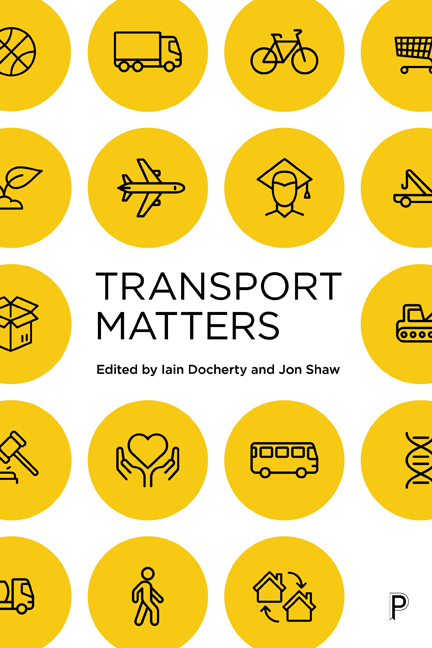14 - Changing Demographics
Published online by Cambridge University Press: 03 March 2021
Summary
Introduction
Across the globe we live in an ageing society. Western countries especially are seeing rapid ageing due to a combination of people living longer because of better health and social care, and lower birth rates. This results in both a higher number and a higher percentage of people in their later years. There are now 840 million people over 60 across the world, representing 11.7 per cent of the population. In 1950, there were only 384.7 million people aged over 60, representing 8.6 per cent of the global population (UN 2015). Projections suggest that by 2050 there will be 2 billion people aged over 60, representing 21.2 per cent of the global population (UN 2015). The rate of increase in older people is faster in wealthier countries. For example, 25 per cent of the UK's population is likely to be over 60 by around 2030 (Office for National Statistics (ONS) 2013). Figure 14.1 illustrates the ageing of the UK population. It shows historical change between 1980 and 2014 as well as projections to 2050. There has been a large increase in the number of people aged 60 and over since 2000, and the number of people aged 75 and over increased from 3.2 million in 1980 to 5.2 million in 2014 and is set to increase to 11.6 million by the middle of the century. By contrast, the number of under-thirties has been fairly stable since 1980, although there was a decline between 1980 and 2000 which has now reversed (with a significant contribution from inward migration). Numbers are set to increase into the future, albeit at a lower rate of increase than older adults, and thus most of the projected growth in the population is expected to be of those aged 60 and over.
In this chapter, we examine trends in the travel behaviour of both younger and older adults, along with reasons for these trends and implications for transport policy and provision. With the average age of the UK population increasing, it is of course important to look at the travel behaviour of older people and how it is changing, but the travel behaviour of young people is also significant as patterns that develop in their early years are likely to be highly formative in shaping travel throughout their life course (Beuret 2016).
- Type
- Chapter
- Information
- Transport Matters , pp. 327 - 348Publisher: Bristol University PressPrint publication year: 2019



